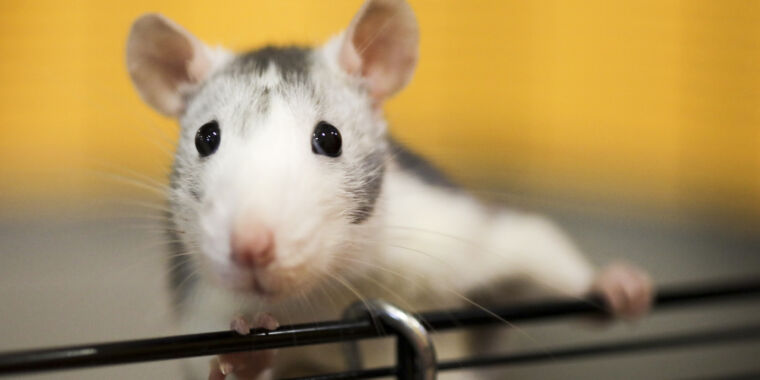Get the latest tech news
Science journal retracts peer-reviewed article containing AI generated ‘nonsensical’ images
Frontiers in Cell and Developmental Biology was openly criticized and mocked by researchers on social media this week.
Yet it may also be the product of the wider “publish or perish” climate that has arisen in science over the last several decades, in which researchers have attested they feel the need to rush out papers of little value in order to show they are contributing something, anything, to their field, and bolster the number of citations attributed to them by others, padding their resumes for future jobs. The company says its “vision [is] to make science open, peer-review rigorous, transparent, and efficient and harness the power of technology to truly serve researchers’ needs,” and in fact, some of the tech it uses is AI for peer review. But it also raises questions about the ability of such AI tools to detect, flag, and ultimately stop the publication of inaccurate scientific information — and the growing prevalence of its use at Frontiers and elsewhere across the publishing ecosystem.
Or read this on Venture Beat

